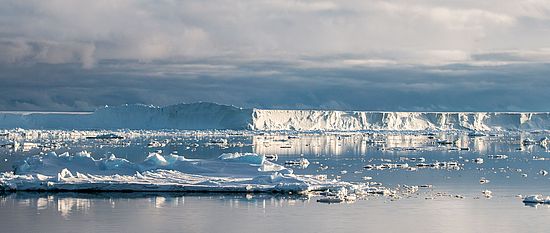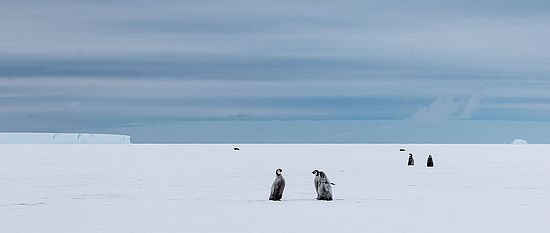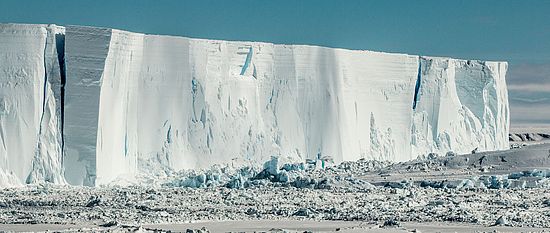Discovering the cold: Are Antarctic fish capable of coping with anthropogenic chemicals?
The Antarctic Ocean is thermally isolated from the world’s other oceans by the Antarctic Polar Front, which has allowed the formation of a very stable ecosystem over several millions of years. Antarctic fish are highly adapted to this extremely cold environment of the Antarctic Ocean. It is known that chemical contamination of the Antarctic environment, in particular contamination by persistent organic pollutants (POPs), is increasing and that Antarctic fish are accumulating xenobiotics in their tissues. It is unknown so far whether Antarctic fish are able to metabolize the xenobiotics or if the accumulation of these chemicals potentially induces toxic processes. Knowing more about these processes is scientifically and socially relevant, especially under the conditions of increasing globalisation and climate change.
Our project's aim is to assess the susceptibility of Antarctic icefish to anthropogenic pollutants. In particular, we are interested in the so called thornfish or white-blooded fish. These fish lack hemoglobin and they show further adaptations to the special environment of the Antarctic. We are focused on the following main topics:
- Which chemicals accumulate in the tissues of Antarctic fish? To analyse this, we use advanced chemical-analytical techniques to determine xenobiotic concentrations in the tissues.
- What are the biotransformation capacities for xenobiotics in different Antarctic fish species and how do they differ among species with varying feeding and lifestyle habits? In this part of the study, we measure activities of biotransformation enzymes as well as detoxification rates.
- The biological activity of POPs is mediated through the arylhydrocarbon receptor (AhR) pathway. Thus, we are interested in the presence, diversity and functional properties of the AhR in Antarctic fish.
- Is there an adverse effect of xenobiotic accumulation on reproductive health of the fish? To assess this question, we use histological methods to determine tissue alterations in the ovaries and the liver in relation to xenobiotic body burdens.
Overall, our study will provide information about the effects of persistent organic chemicals on different members of the fragile Antarctic ecosystem. Such knowledge will become the basis for future protection measures of the Antarctic environment against ongoing anthropogenic pollution and climate change.This project is a cooperation of several research institutes, the University of Basel, the University of Bern and the EMPA (Swiss Federal Laboratories for Materials Science & Technology, Dübendorf).
Project Team: Prof. Dr. Patricia Holm, Dr. Anneli Strobel
Scientific publications
2015
Benzo(a)pyrene Metabolism and EROD and GST Biotransformation Activity in the Liver of Red- and White-Blooded Antarctic Fish
Strobel A., Burkhardt-Holm P., Schmid P., Segner H. - Environmental Science & Technology
doi: 10.1021/acs.est.5b00176
2012
The expedition of the research vessel "Polarstern" to the Antarctic in 2012 (ANT-XXVIII/4), Berichte zur Polar- und Meeresforschung = Reports on polar and marine research
Lucassen M. et al. - Bremerhaven, Alfred Wegener Institute for Polar and Marine Research
hdl: 10013/epic.40372
Media coverage
2012
- Stadtanzeiger Olten, 10.05.2012
Oltnerin forscht in der Antarktis
Further publications
- Projektzusammenfassung SNF deutsch
- Projektzusammenfassung SNF englisch
- Polarstern 2012: Expedition program (german)
Quick Links



